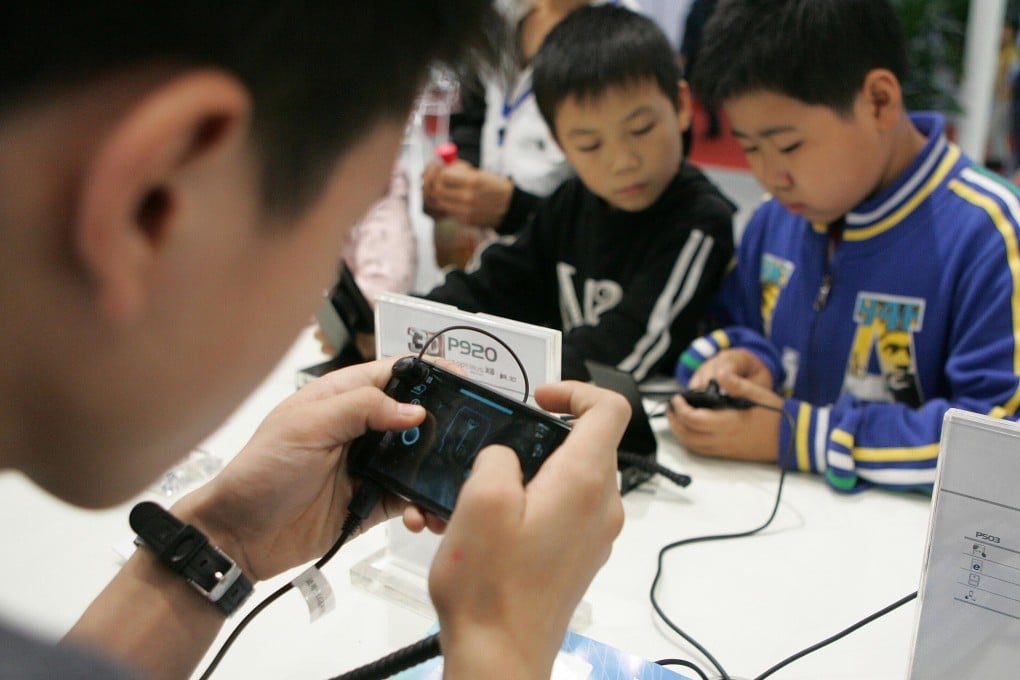Advertisement
Tencent makes it harder for China’s minors to bypass anti-addiction game limits by using adults’ accounts
- For adult accounts the platform suspects of being operated by minors, players will be asked to verify their identities by scanning their faces, Tencent says
- Users who fail to verify their identities as adults will be subject to the limits for minors
Reading Time:2 minutes
Why you can trust SCMP

Bad news for young Chinese gamers hoping to bypass the country’s strict anti-addiction measures by using their parents’ accounts: gaming giant Tencent Holdings has announced new measures aimed at making this more difficult.
For adult accounts the platform suspects of being operated by minors, players will be asked to verify their identities by scanning their faces when they log in to games or top up their accounts by more than 400 yuan (US$57) for in-game payment purposes, Tencent said in a statement on WeChat on Wednesday.
Tencent did not explain how it would detect such accounts, and declined to comment beyond its statement.
Advertisement
Chinese regulators have criticised the unhealthy impact of excessive playing of video games on the young and pushed hard for stricter measures to control the issue in recent years.
National guidelines introduced last year limit players 18 years old or younger to playing games between 8am and 10pm, with no more than 1.5 hours each day, or three hours on holidays. They can also spend no more than 400 yuan each month on in-game purchases.
As the largest gaming company in China and the world by revenue, Tencent has come under particular scrutiny from regulators, who have control over which new games are allowed to be launched in the market.
Advertisement
Advertisement
Select Voice
Select Speed
1.00x